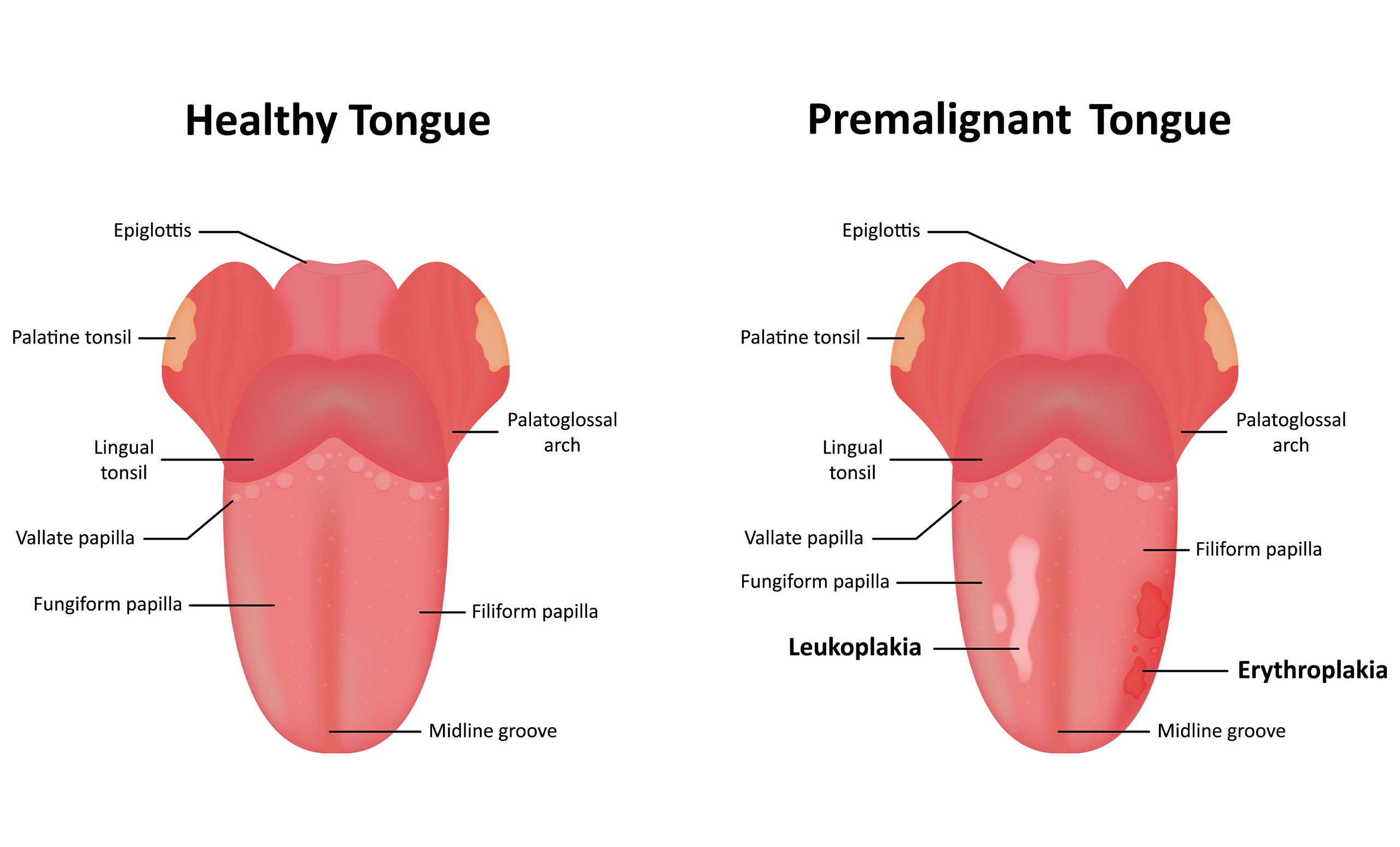Behind a bright smile, there might be a health concern that does not receive nearly enough attention in public health discussions. That’s why, every April, healthcare organizations across the country observe Oral Cancer Awareness Month, a crucial period dedicated to educating the audience about the risks, symptoms, and prevention strategies surrounding oral cancer. This month, supported by organizations like the Oral Cancer Foundation, emphasizes the critical importance of early detection and public awareness.
Despite advances in medical technology, oral cancer is often discovered in its late stages, which significantly reduces the chances of successful treatment. By learning about the warning signs and taking more preventive measures, we can help reduce the number of cases and save lives.
What is Oral Cancer?
It is a type of cancer that develops in the tissues of the mouth or throat, also known as the oral cavity and oropharynx. This disease occurs when abnormal cells grow uncontrollably and form tumors, affecting areas such as:
- 1The surface of the tongue
- 2The tonsils
- 3The back of the throat (pharynx)
- 4The lips
- 5The gums
- 6The inner lining of the cheeks
- 7The roof of the mouth (palate)
Cancer in the mouth can become aggressive if not detected early. Unfortunately, many people do not realize the seriousness of this condition until it is too late.
Oral Cancer by the Numbers
According to the American Cancer Society:
While oral cancer is curable in its early stages, only 60% of people diagnosed with oral or upper throat cancer survive beyond five years. Even for survivors, the journey can be difficult. Many experience long-term challenges, including difficulty speaking or eating, and some face severe facial disfigurement as a result of treatment.
Symptoms of Oral Cancer
Recognizing early the symptoms of oral cancer can be life-saving. Here are some common warning signs to watch for:
If any of these symptoms of oral cancer persist for more than two weeks, it is essential to consult a healthcare professional.
Major Risk Factors for Oral Cancer
The Importance of Early Detection
Early diagnosis can make all the difference. The earlier oral cancer is found, the better the chance of successful treatment and survival. Routine dental check-ups are crucial to spot suspicious lesions or lumps before they become more serious.
Dentists can often be the first healthcare providers to notice signs of oral cancer, making dental visits not just about teeth but saving lives. This is why screenings should be a routine part of every dental exam, especially for those with risk factors.
Oral Cancer Treatment and Challenges
Depending on the stage and location, oral cancer treatment may include surgery, radiation therapy, and chemotherapy. While early-stage cancer can sometimes be treated with surgery alone, advanced stages often require a combination of treatments that can lead to significant physical and emotional side effects.
During the end stages of oral cancer, patients may suffer from:
Hospice care can be fundamental to providing comfort and support during this time.
How You Can Help During Oral Cancer Awareness Month
Spreading the word could save lives. The purpose of Oral Cancer Awareness Month is not only to inform the public but to encourage action. Here’s what you can do:
At Ascend Hospice Care, awareness is the first step toward prevention. We urge our community to pay attention to their oral health during April and year-round. Remember, oral cancer is curable when detected early, and you have the power to make a difference.
Take a stand this April. Support Oral Cancer Action Month. Spread awareness. Get screened. Save lives.






